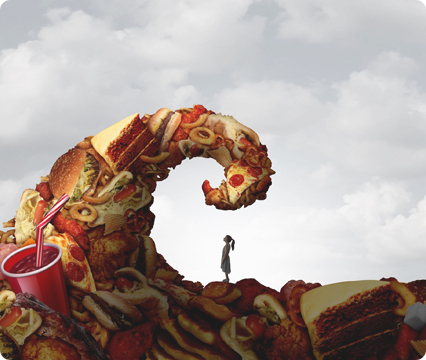Cognitive-behavioral intervention for anxiety associated with food allergy in a clinical sample of children
In this study by Dahlsgaard, Lewis & Spergel (2023), the authors evaluated the Food Allergy Bravery (FAB) concept, a new, concise, cognitive-behavioral-based intervention that targets anxiety in children who suffer from an anxiety-related food allergy (FAA). Children diagnosed with FAA (8-12 years of age) were recruited along with their parents, receiving a course of FAB (6 treatment sessions) in a group setting. Participants were evaluated for quality of life (Food Allergy Quality of Life Questionnaire-Parent Form) and severity of anxiety (Child Anxiety-Related Emotional Disorders and Food Allergy Anxiety scales) at several time points: before FAB, after FAB, and at two and four months. Analysis of the results revealed a substantial improvement in quality of life and reductions in anxiety severity in both children and parents. Participants reported high levels of satisfaction and clinical improvement with FAB, completing the full course and attending a minimum of 5 sessions, and maintained these results during follow-up evaluations. The authors conclude that FAB can be an acceptable, feasible intervention modality to address FAA, however, further randomized controlled trials are necessary to gain more evidence. [NPID: Anxiety, children, cognition, feasibility studies, food hypersensitivity, quality of life, food allergy bravery]
Year: 2022
 Navigation
Navigation






